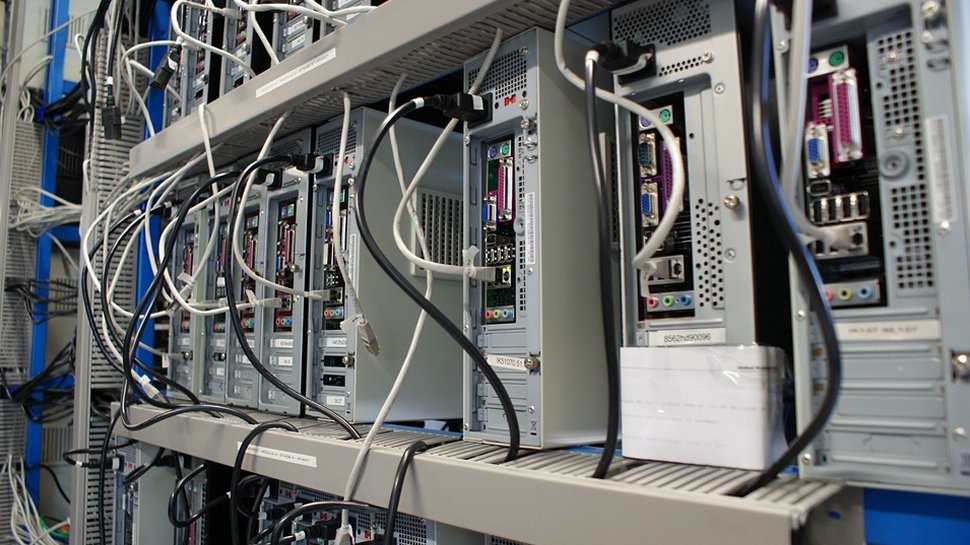IT downtime is costing companies billions every year — and they aren't getting any better at fixing it
Combatting IT downtime is becoming a major issue, Splunk warns

IT downtime costs are setting some of the world's biggest companies with major knock-on effects and costly bills, new research from Splunk has claimed.
Its new report, ‘The Hidden Costs of Downtime,’ estimates the annual cost of unplanned downtime for the "Global 2,000 companies" - namely the biggest businesses around today - at a staggering $400 billion
Global 2,000 companies could also be losing around 9% of their profits to lost revenue, regulatory fines and missed SLA penalties, Splunk warned, highlighting the hidden costs of downtime, including reduced shareholder value, lower developer productivity, delayed time-to-market and tarnished brand reputation.
IT downtime costs
Splunk's report added downtime results in an average annual revenue loss of $49 million, $22 million in regulatory fines, and $16 million in missed SLA penalties.
With such astonishingly high costs associated with downtime, enterprises need to invest more resources in eliminating or at least reducing the implications of such occurrences. The average recovery currently takes up to 75 days, or around two and a half months.
Handily, Splunk’s report also highlights some key causes contributing to organization downtime, highlighting some first steps to consider. More than half (56%) are attributable to security breaches like phishing attacks, and a further 44% come from application or infrastructure issues like software failures.
With two in five (41%) tech execs admitting that customers were among the first to detect downtime, Splunk’s analysis highlights the broader implications of network or software failures.
Are you a pro? Subscribe to our newsletter
Sign up to the TechRadar Pro newsletter to get all the top news, opinion, features and guidance your business needs to succeed!
"Disruption in business is unavoidable. When digital systems fail unexpectedly, companies not only lose substantial revenue and risk facing regulatory fines, they also lose customer trust and reputation," noted Gary Steele, President of Go-to-Market at Cisco and GM for Splunk.
Looking ahead, Splunk advises that companies invest more carefully in cybersecurity and observability tools, including generative AI features.
More from TechRadar Pro
- These are the best cloud hosting providers around today
- Check out our roundup of the best productivity apps
- Downtime could be one of the worst things to affect your business - here's why
With several years’ experience freelancing in tech and automotive circles, Craig’s specific interests lie in technology that is designed to better our lives, including AI and ML, productivity aids, and smart fitness. He is also passionate about cars and the decarbonisation of personal transportation. As an avid bargain-hunter, you can be sure that any deal Craig finds is top value!
